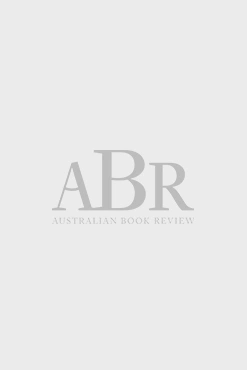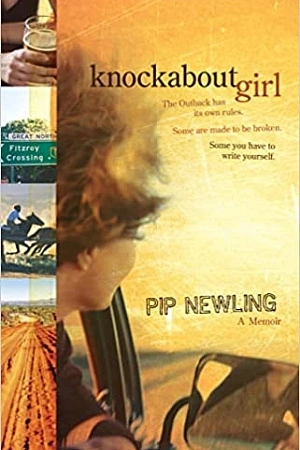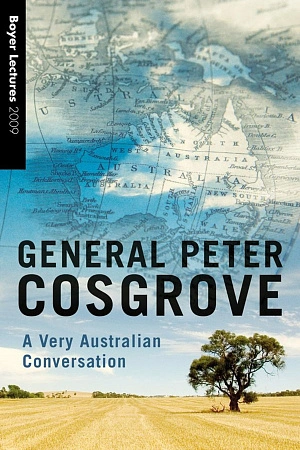The Australian Stage: A documentary history
NSW University Press, 384 pp, $29.95 hb
Les Emigres aux Terres Australes
Monash University. English Dept., 76p., $2.00
French Revolution meets Aust. Lit.
The Australian Stage represents an interesting intersection between the academic world and the creative arts, between the long perspective of the historian, and the ephemerality of theatre performances. Its methodology is academic; it proceeds from an examination of documents, of written records of an art form only one aspect of which we think of as being written, the actual texts of plays. However, these are not the documents in question (although some bibliographical information about the plays is also included); rather it is the responses to performances, particularly reviews, written reminiscences, playbills, newspaper reports, which provide, collectively, the material for a historical survey of theatre in Australia.
Thus the accompanying analysis is historical rather than literary; it is about the society which produces theatrical performances, rather than about the aesthetic judgments that might be made from an examination of what was performed. These documents have a cultural significance partly because from them we can read a sequential story, adding to our knowledge of a developing national consciousness. How a nation entertains itself is indeed revealing, even if you exclude sport, and it is hardly surprising to find charted here a classic tale of decolonialization. That an indigenous cultural identity has been successfully established can hardly be doubted now that governments subsidise both writers and performers. Useful as such a history as this is in understanding - the processes by which we reach today’s status quo, there are still a number of questions left in abeyance, some of them pot really elucidated by history; nor amenable to an academic approach.
Continue reading for only $10 per month.
Subscribe and gain full access to Australian Book Review.
Already a subscriber? Sign in.
If you need assistance, feel free to contact us.









Leave a comment
If you are an ABR subscriber, you will need to sign in to post a comment.
If you have forgotten your sign in details, or if you receive an error message when trying to submit your comment, please email your comment (and the name of the article to which it relates) to ABR Comments. We will review your comment and, subject to approval, we will post it under your name.
Please note that all comments must be approved by ABR and comply with our Terms & Conditions.